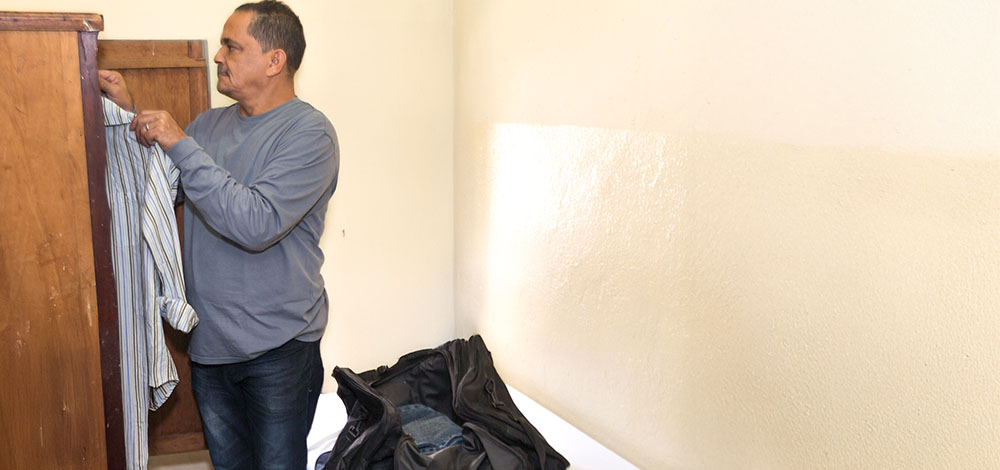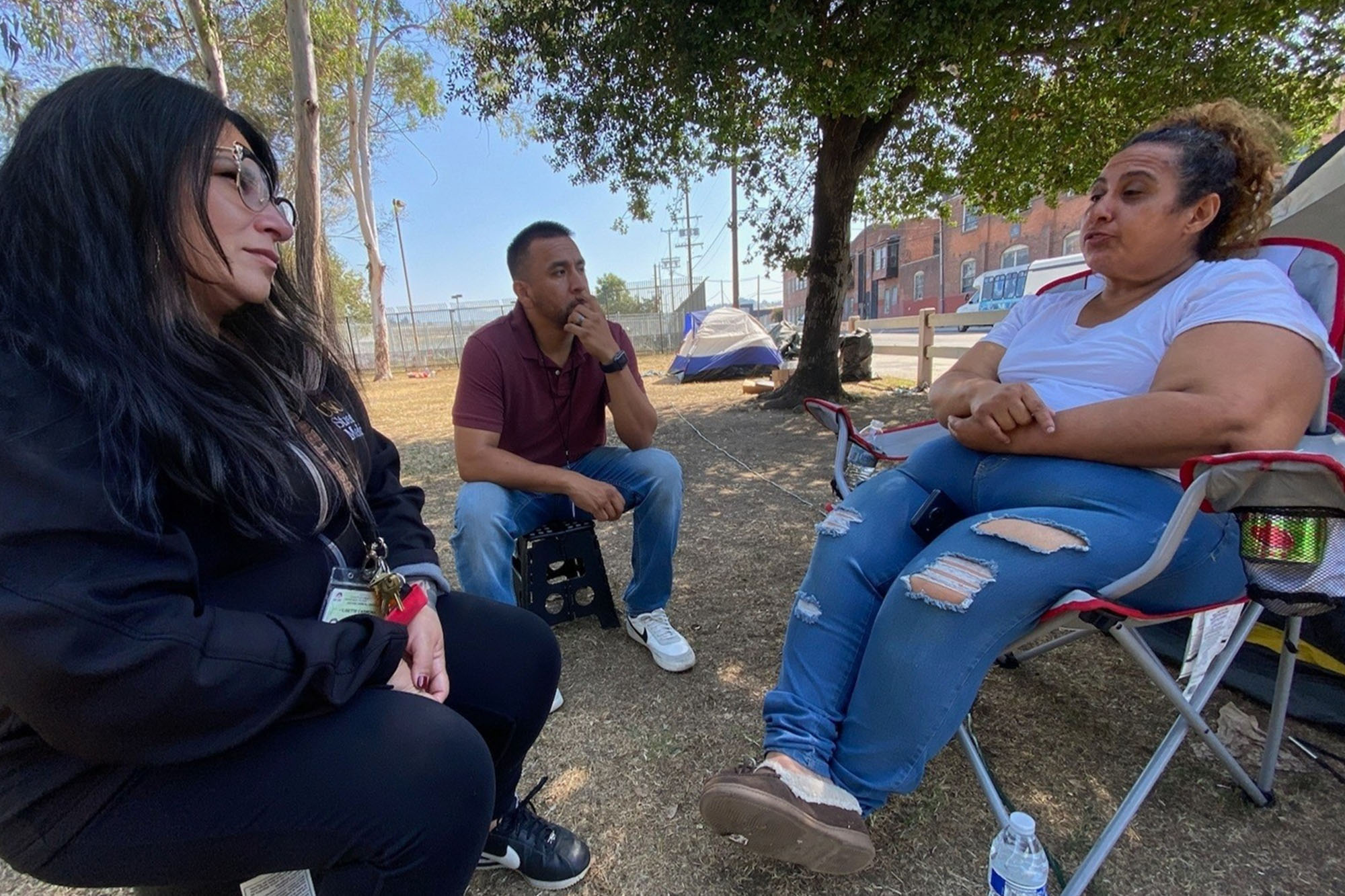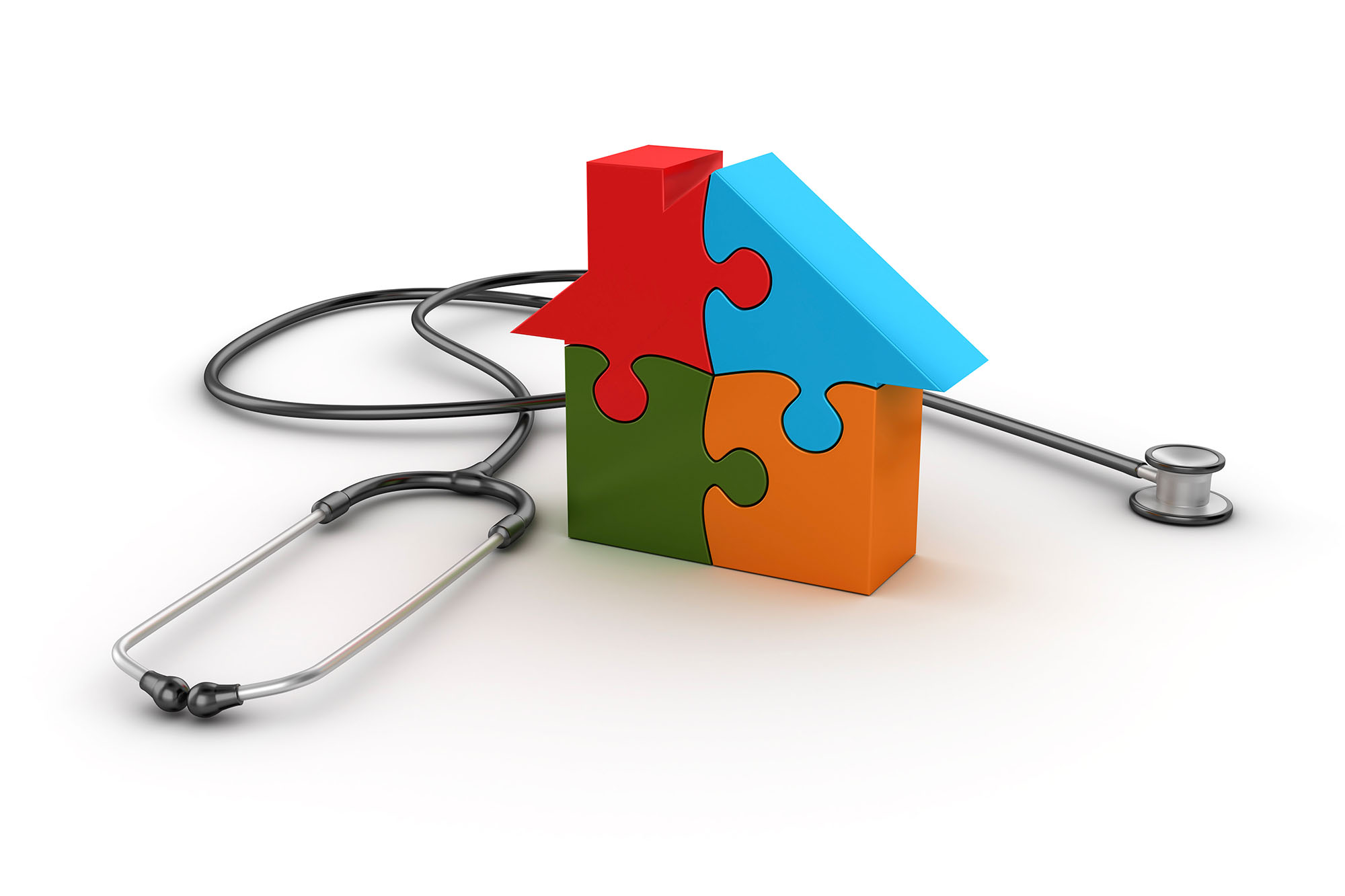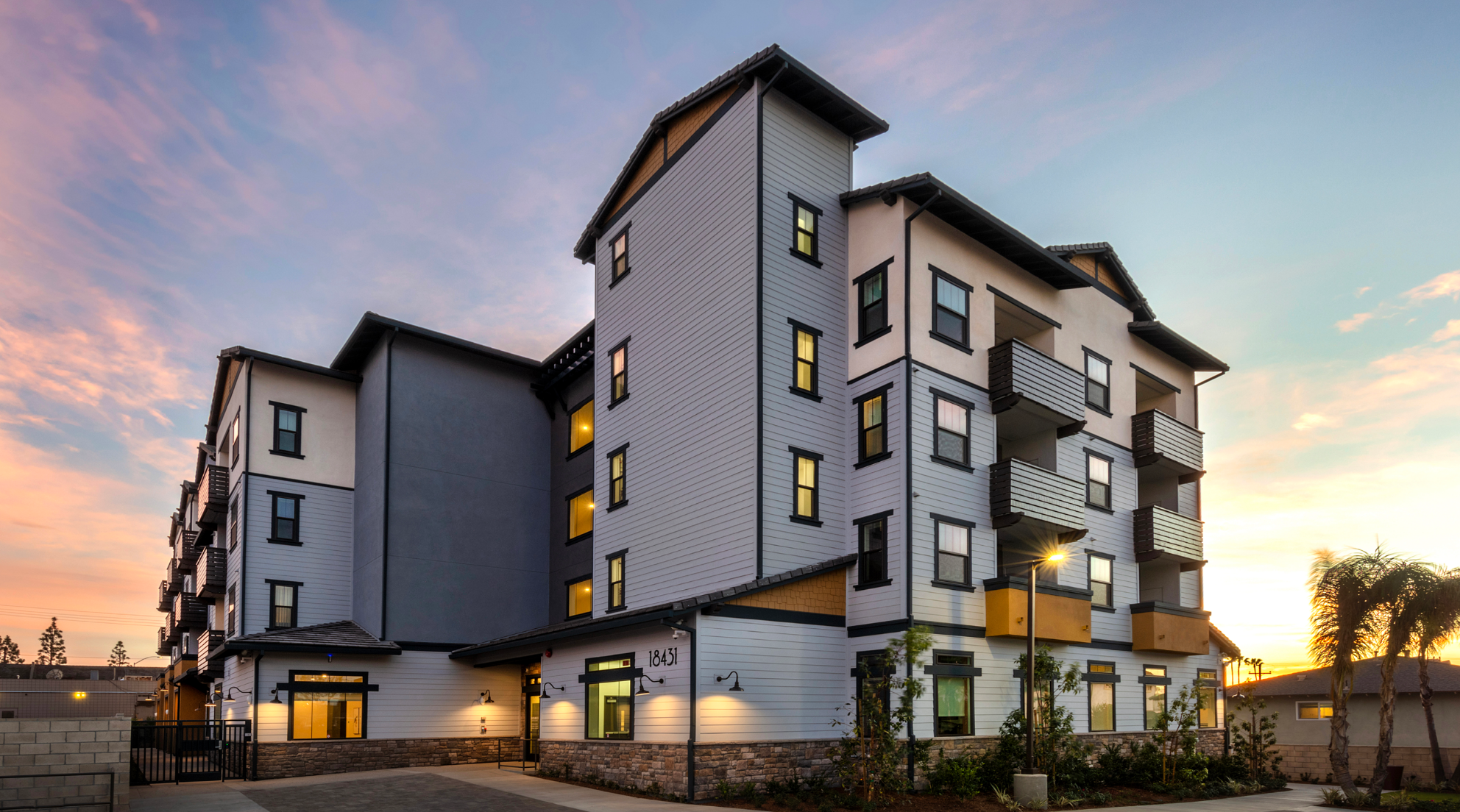People experiencing homelessness face multiple health conditions that traditional medical care alone cannot address. Without stable housing, managing health becomes nearly impossible, creating a cycle of emergency room visits, hospitalizations, and deteriorating health outcomes that drive up costs for both individuals and the health care system.
Across the country, states are recognizing that this growing subset of Medicaid members with complex health conditions who experience homelessness requires a different approach.
This issue brief, A Home and Healing: How Medicaid Improves Health and Lowers Costs Among Members Experiencing Homelessness, explores the reasons and methods behind multiple state Medicaid programs’ efforts to address the challenge of helping people move from the streets to permanent housing and health stability. The states cross the political spectrum and include Arizona, California, Louisiana, Maryland, Massachusetts, Montana, and North Carolina. The brief is available for download below.
A New Approach to Medicaid
States implementing these initiatives are discovering that addressing housing needs through Medicaid creates a pathway to better health outcomes while saving money. By covering services that help members secure and maintain housing, Medicaid programs can break the cycle that keeps people experiencing homelessness caught between the streets and emergency rooms.
Authors & Contributors
Richard Cho, PhD
Managing Director, Manatt Health Strategies
Richard Cho helps clients improve housing and health outcomes for older adults, people with disabilities, and people experiencing homelessness. He previously worked at the US Department of Housing and Urban Development, the US Interagency Council on Homelessness, the Connecticut Coalition to End Homelessness, and the Corporation for Supportive Housing.






